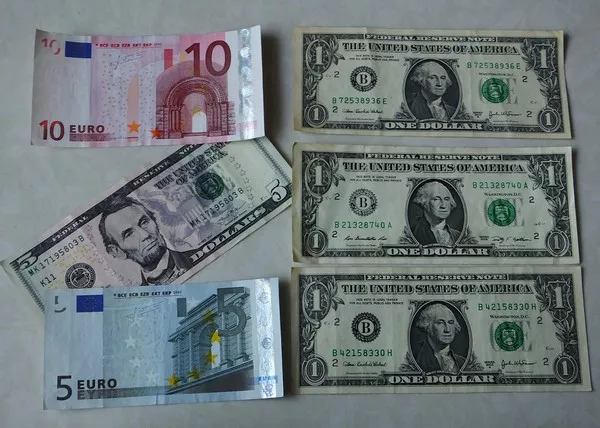The strength and value of a nation’s currency play a vital role in global economics, trade, and investment. The United States dollar (USD) has historically been considered one of the world’s most widely accepted and valuable currencies. However, it is essential to explore the factors that contribute to a currency’s value and examine whether other countries have surpassed the US in terms of having the most valuable dollar. In this article, we delve into the concept of currency valuation and identify the country with the most significant dollar.
1. Understanding Currency Valuation:
Currency valuation refers to the process of assessing the worth of a nation’s currency relative to other currencies. Several factors influence currency valuation, including economic stability, inflation rates, interest rates, fiscal policies, government debt, trade balances, and market demand. A strong currency signifies a robust economy, low inflation rates, stable political environment, and high investor confidence.
2. The Historical Dominance of the US Dollar:
For decades, the US dollar has been the dominant reserve currency worldwide. The USD’s preeminent status can be attributed to factors such as the size and stability of the US economy, the depth of its financial markets, and the widespread acceptance of the currency in international trade. Additionally, the US dollar is often seen as a safe haven currency during times of global economic turbulence.
3. Factors Influencing Dollar Valuation:
Despite its historical dominance, the value of the US dollar can fluctuate due to various internal and external factors. Some significant influences on the dollar’s value include:
Macroeconomic Factors:
Economic indicators like GDP growth, employment rates, inflation levels, and interest rates all impact the value of a currency. Changes in these factors can significantly influence the valuation of the US dollar.
Monetary Policies:
The monetary policies implemented by the US Federal Reserve, such as interest rate adjustments and quantitative easing measures, can affect the dollar’s value. Changes in monetary policy impact investor sentiment and influence foreign exchange rates.
Trade Balance:
The balance of trade between countries affects currency valuation. A country with a favorable trade balance, such as the US, typically has a stronger currency due to increased demand for its products and services.
Geopolitical Factors:
Political stability, international relations, and geopolitical events can impact the value of a currency. Uncertainty and conflicts can lead investors to seek safer currencies, potentially affecting the strength of the US dollar.
4. Assessing Potential Rivals to the US Dollar:
While the US dollar remains a dominant global currency, several factors have led to the emergence of potential rivals in recent years. These include:
Euro (EUR):
As the currency used by the Eurozone countries, the euro’s value has grown significantly over time. The Eurozone’s economic stability and large market size contribute to the euro’s prominence. However, challenges such as differing fiscal policies among member states present hurdles to the euro surpassing the US dollar.
Chinese Yuan (CNY):
China’s expanding economy and global trade influence have boosted the status of the Chinese yuan. As the world’s largest exporter and holder of significant foreign reserves, China aims to strengthen the yuan’s international acceptance while challenging the US dollar’s dominance.
Cryptocurrencies:
The rise of cryptocurrencies, especially Bitcoin, has introduced alternative digital currencies that operate independently of traditional centralized banking systems. While their impact on global currency dynamics is still evolving, cryptocurrencies pose an intriguing challenge to the existing financial order.
5. Conclusion:
While numerous currencies vie for global prominence, the US dollar maintains its position as one of the most valuable currencies worldwide. Its historical significance, stability, and resilience continue to support its widespread use and acceptance. However, the evolution of global economic dynamics and the emergence of potential rivals should not be overlooked, as they introduce new possibilities for the international financial landscape.
As the world progresses, ongoing economic developments and geopolitical shifts will shape the relative strength of currencies. The future may hold surprises, but for now, the US dollar remains a key player in the global economy.


